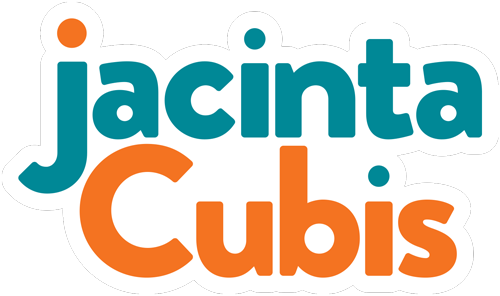R-e-s-p-e-c-t
Aretha Franklin nailed it.
‘R-e-s-p-e-c-t / Find out what it means to me.’
It is the perfect theme song for the fallout from the AUKUS deal on nuclear-powered submarines recently announced by Joe, Boris and Scott. The announcement came as a surprise to Australians and to our neighbours in the region. It left France feeling disrespected. Its existing $90 million submarine contract with Australia was finished. France was blindsided.
'We discover through the press that the most important person in the Australian government kept us in the dark intentionally until the last minute,' Jean-Pierre Thebault, France's Ambassador to Australia, said in an interview on ABC Radio National not long after he was recalled to Paris.
Ambassadors are usually only recalled when things get hostile. France thought it had a partnership with Australia.
'When you are trusted partners, you don't behave like that. It's a question of principle, of dignity, mutual respect in relations between states,' Thebault said.
It is not just the French who feel let down. US President Biden would have been annoyed with Prime Minister Morrison, observed respected columnist, George Megalogenis. According his sources, the Americans expected us to show the French more respect too.
For others, it was France that did not behave like a trusted partner. Like the person who commented on my article on Linked In last week. In his view, the French had ‘taken Australia for a ride’ with ‘five years of poor performance.’
‘France now has an opportunity to take heed of the very important lesson we have just given them in how to treat your partners and stakeholders,’ he added.
A lesson that the BBC’s Hugh Schofield says, among others, that France needed to take on the chin. France needed to face some harsh realities and ‘get over it.’ Ouch.
I think there’s a lesson for all of us here. It’s about what respect looks like to both partners.
Respect. It’s the same word in English and French and means the same. High regard. Esteem. But what it looks like in practice clearly differs.
Our stakeholder relationships may never make the headlines. But what continues to play out on the global stage is a reminder to us to ask each other, ‘what does respect look like for you?’
It’s a great question to ask when a group is deciding how it wants to work together. In a workshop. On a project. As partners.
Respect looked different for every single partner in the international aid and development network I worked in, for instance. We couldn’t figure out why one of our partners kept missing reporting deadlines. We thought we had a good relationship. When we finally asked, we discovered that they found our casual responses to their detailed and formal emails disrespectful. We thought we were respecting their time with our brief responses. It turned out that brief was ‘curt’ to our partner.
Respect looks different for every member of the community groups I facilitate. For Dawn, it meant having time to consider the complex information from the water company. For Nadesh, it was being listened to. For Hoang, it was staying on topic and ‘parking’ irrelevant conversations.
Everyone wants to feel respected. It’s a universal value. What it looks like differs – sometime a lot, sometimes ‘just a little bit’. But it is so worth finding out.
Do an Aretha. Say what it means to us. Find out what it means to them.
If you’d like some help with the ‘how’ of find out what respect means to your stakeholders or partners, I’d love to chat. Just email me with RESPECT in the subject line and we’ll book a call.


